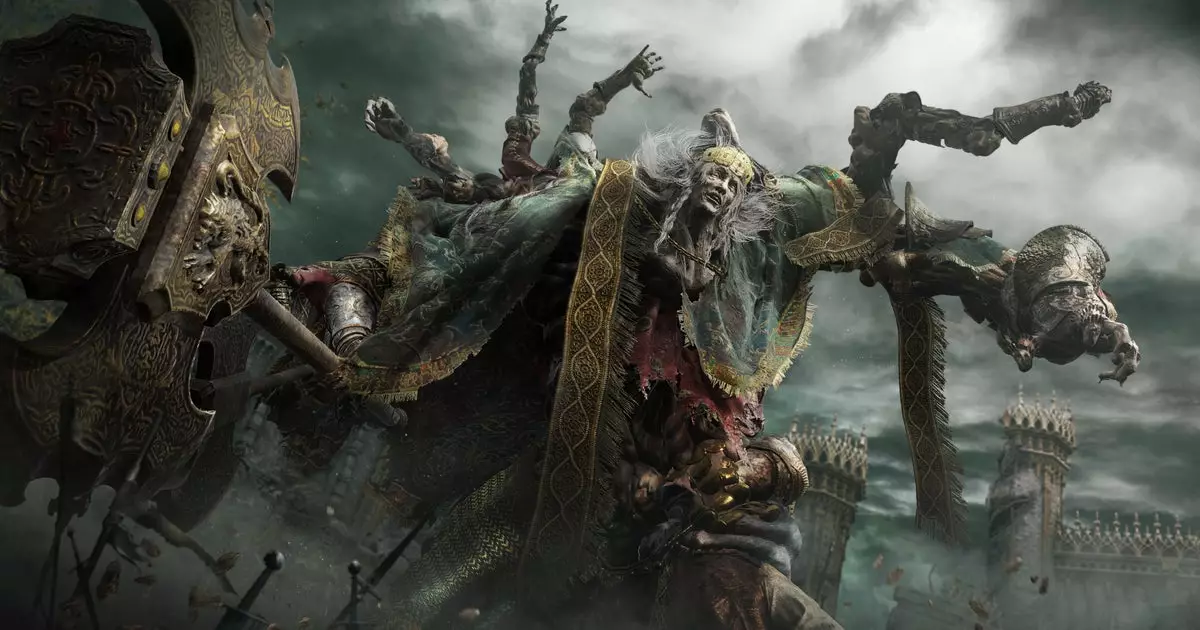The ever-evolving landscape of the gaming industry is witnessing possible significant shifts as Sony engages in discussions to acquire Kadokawa, the parent company of From Software, famed for its critically acclaimed titles such as Elden Ring and Dark Souls. This strategic move could have wide-ranging implications, not just for the companies involved but also for gamers and the industry as a whole.
At its core, Sony’s interest in Kadokawa stems from the desire to bolster its gaming portfolio by acquiring an array of popular titles. Kadokawa’s impressive repertoire includes renowned games such as the Danganronpa series and Octopath Traveler, alongside its critically acclaimed studio, From Software. By gaining control over these franchises, Sony aims to enhance its content offerings and potentially secure exclusive publishing rights. However, this raises significant concerns about the ongoing trend of consolidation within the gaming sector, where fewer companies wield greater control over beloved franchises.
The potential acquisition of Kadokawa reflects a broader trend of corporate mergers and acquisitions in the gaming industry. As larger companies consolidate power, smaller studios may find it increasingly challenging to compete, which can lead to a homogenization of game development. Players may face fewer choices as their favorite games become part of large corporations’ portfolio strategies. Furthermore, the allure of exclusivity could alienate some gamers who prefer multi-platform access. While Sony may position itself to release franchise entries such as Bloodborne exclusively for PlayStation, it’s essential to consider the ramifications of such decisions on the larger gaming community.
Financially, the stakes are high. Recent reports indicate that Kadokawa suffered a considerable setback due to a ransomware attack that impacted its operations. In contrast, rumors of 26 game projects in development present a silver lining for Sony—potential revenue streams that could help recoup previous losses, such as the $200 million deficit incurred from the failed Concord project. The question remains, however, whether these titles will resonate with gamers in a crowded marketplace where new titles launch every week.
As negotiations continue, the future of both companies hangs in the balance. If the deal comes to fruition, it could pave the way for a slew of highly anticipated titles, potentially bolstering Sony’s position in the gaming industry. However, players should remain vigilant about the implications of such mergers. The fate of beloved franchises like Dark Souls and Elden Ring relies not only on the promise of new content but also on how well businesses can navigate the choppy waters of competition and innovation.
While Sony’s potential acquisition of Kadokawa might seem like a positive step for expanding its gaming arsenal, the ramifications of corporate consolidation should not be overlooked. As consumers, gamers should advocate for diversity in game development and support smaller studios that often pioneer innovative gaming experiences. The future of the gaming industry is still being written, and it is crucial for players to play an active role in its shaping.


Leave a Reply